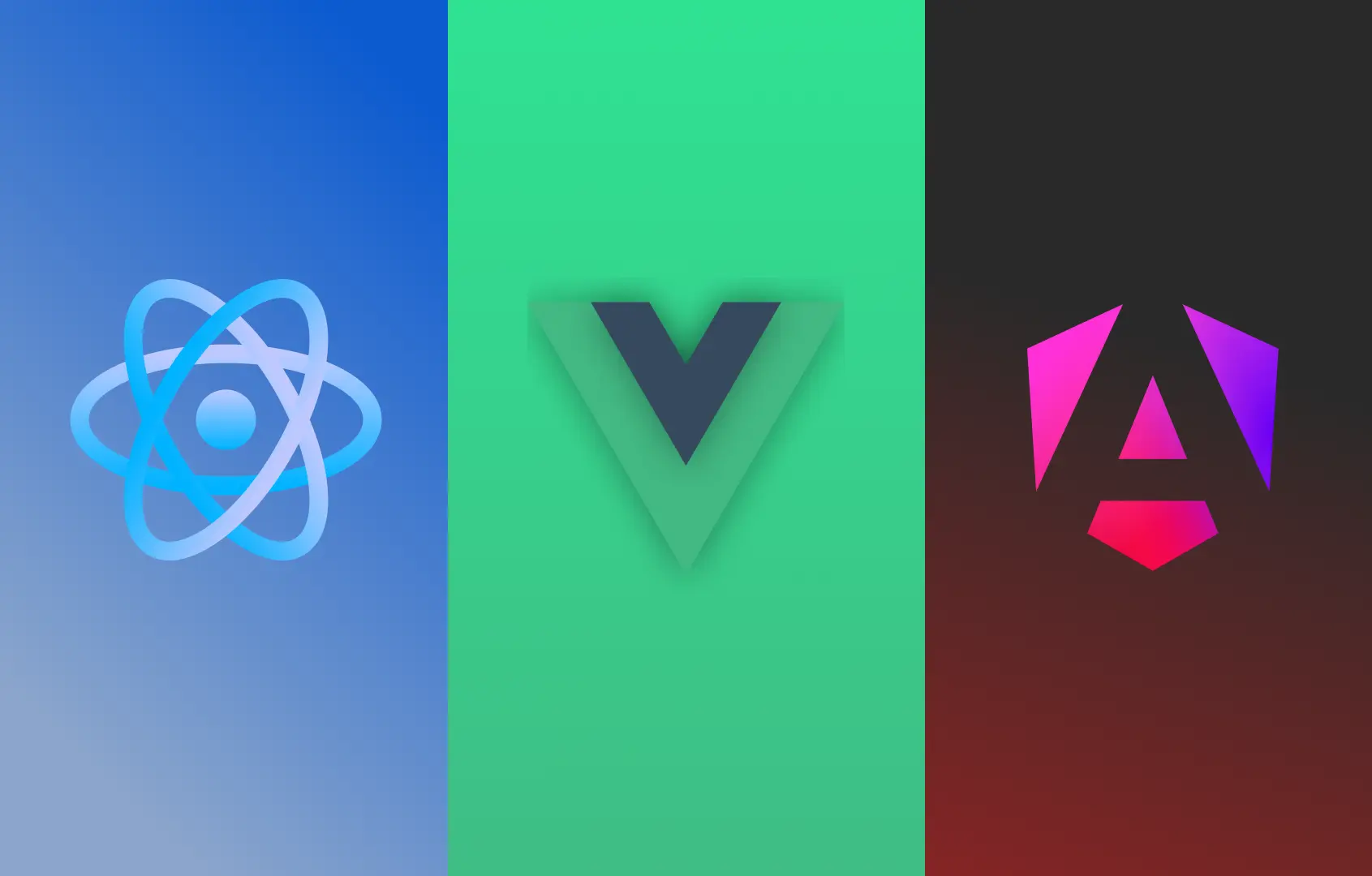By Supablog
02-08-2024
React or Next.js: Choosing the Right Tool for Your Web Development Project
Explore the key differences between React and Next.js, and learn when to use each for optimal web development.

React vs Next.js: Choosing the Right Tool for Your Web Development Project
In the world of modern web development, two names frequently come up: React and Next.js. While they're often mentioned together, it's crucial to understand that we're not comparing apples to apples here. Instead, we're looking at two powerful tools that serve different purposes and can be used in various scenarios. This blog post aims to clarify when and why you might choose one over the other for your web development projects.
Understanding React and Next.js
React: The Foundation
React is a JavaScript library created by Facebook for building user interfaces. It's component-based, allowing developers to create reusable UI elements for their applications. React is known for its virtual DOM, which optimizes rendering and improves performance.
Next.js: The Framework
Next.js, on the other hand, is a React framework developed by Vercel. It builds upon React, adding features like server-side rendering, static site generation, and simplified routing. Next.js aims to provide a more opinionated and feature-rich development experience out of the box.
When to Choose React
React is an excellent choice for:
Non-SEO Focused Applications: Applications that don't rely heavily on search engine optimization, such as:
Dashboards
Admin panels
Applications behind authentication
React shines in these scenarios because:
It offers more flexibility in how you structure your application.
It has a smaller initial bundle size, which can lead to faster initial load times for single-page applications.
For applications behind authentication, client-side rendering is often sufficient, as search engines don't need to index the content.
Custom Solutions
: When you need complete control over your project's architecture and want to add only the features you need.
Learning the Fundamentals
: For developers new to the React ecosystem, starting with React helps in understanding core concepts before moving to more opinionated frameworks.
When to Choose Next.js
Next.js is particularly well-suited for:
SEO-Critical Applications: Websites and applications where search engine visibility is crucial, such as:
E-commerce sites
Blogs
Marketing websites
Next.js excels here because:
It offers server-side rendering out of the box, ensuring that search engines can crawl and index your content effectively.
Static site generation capabilities allow for blazing-fast load times and improved SEO performance.
Automatic code splitting ensures that only necessary JavaScript is loaded, improving initial page load times.
Large-Scale Applications
: When you're building complex applications that benefit from an opinionated framework with built-in optimizations.
Rapid Development
: Next.js provides a more structured approach with features like file-based routing and API routes, which can speed up development for certain types of projects.
Code Similarity
Despite their differences, the core component structure in React and Next.js is very similar. Here's a simple example that would work in both:
jsxCopyimport React from 'react'; function Greeting({ name }) { return <h1>Hello, {name}!</h1>;} export default Greeting;
This component would work identically in both React and Next.js applications. The main differences come in how you set up routing, handle data fetching, and manage the overall application structure.
Enhancing React with Additional Libraries
While React provides the core UI functionality, you can add libraries to achieve similar capabilities to Next.js:
Routing:
react-routeror
reach-routerData Fetching:
react-queryor
swrState Management:
reduxor
mobxServer-Side Rendering:
react-dom/serverwith a Node.js server
Benefits at a Glance
React Benefits:
Flexibility and control
Lighter weight for simple applications
Huge ecosystem of third-party libraries
Great for learning fundamental concepts
Next.js Benefits:
Built-in SEO optimization features
Simplified routing and API routes
Automatic code splitting
Server-side rendering and static site generation out of the box
Conclusion
Choosing between React and Next.js isn't about which one is better, but rather which tool is right for your specific project needs. React offers flexibility and is great for applications where SEO isn't a primary concern, while Next.js provides a more opinionated framework that excels in SEO-critical and large-scale applications. By understanding the strengths of each, you can make an informed decision that best suits your development goals and project requirements.


